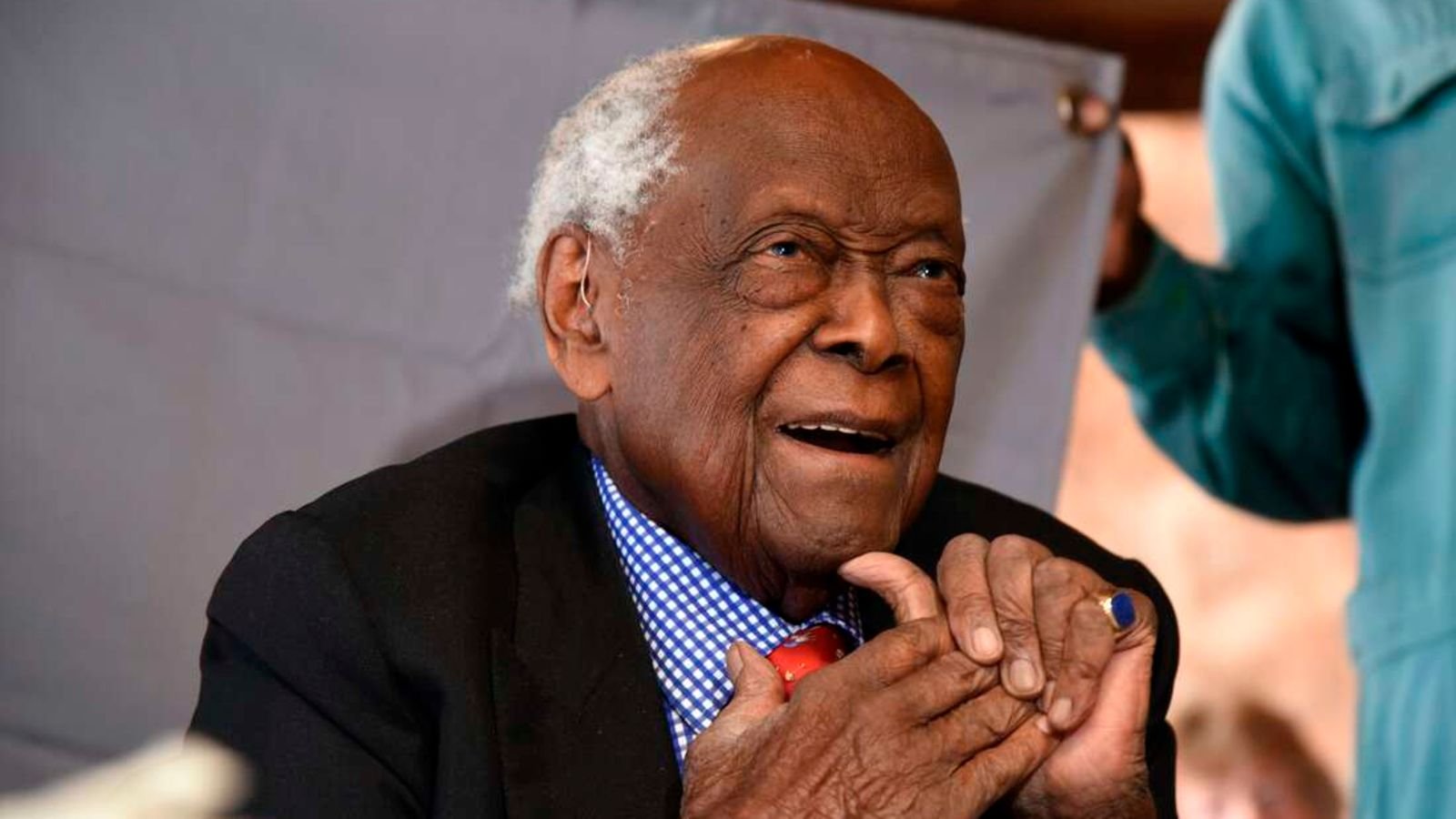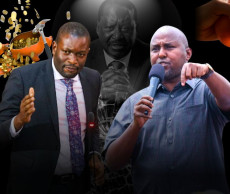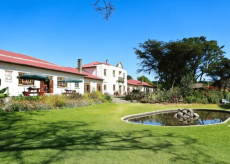- Njonjo’s closeness to Kenyatta was evident in his personal and professional life. It was said he could sip champagne in the president’s office and make decisions that carried the weight of the law.
- His influence peaked when he facilitated the appointment of Daniel Arap Moi as Kenya’s vice president following the resignation of Joseph Murumbi. Njonjo’s ability to navigate political intrigues cemented his reputation as a master schemer and a trusted enforcer of the president’s will.
Charles Mugane Njonjo, Kenya's first Attorney General and a towering figure in the country’s political and legal landscape, remains a symbol of power, controversy, and transformation. His life, spanning decades of public service and political intrigue, paints the picture of a man who straddled the colonial and post-independence eras with unmatched authority and style.
Charles Njonjo emerged as a polished, young lawyer in colonial Kenya. Educated in England, he returned to Kenya, adorned in designer suits, fluent in the Queen’s English, and exuding an aristocratic demeanor.
His legal career began in the colonial administration, where he served as Crown Counsel in the Supreme Court, handling corporate and bankruptcy cases. By 1960, as Kenya's independence approached, Njonjo had risen to the position of Deputy Director of Public Prosecutions, a testament to his growing influence within the colonial system.
Njonjo's prominence continued to rise after Kenya gained independence in 1963. At just 42, he was appointed Attorney General and became part of the first 15-member cabinet under President Jomo Kenyatta. Known for his loyalty to Kenyatta, Njonjo wielded immense influence, often acting as the president's confidant and key legal adviser. His British-influenced persona, complete with pinstriped suits, earned him the moniker "Sir Charles."
As Attorney General, Njonjo played a critical role in shaping Kenya's early legal and political systems. His interpretation and enforcement of the law were often described as authoritative, with some critics accusing him of bending the rules to serve the state’s interests. His power extended to silencing opposition, prosecuting dissenters, and even influencing constitutional amendments to consolidate the government’s authority.
Read More
Njonjo’s closeness to Kenyatta was evident in his personal and professional life. It was said he could sip champagne in the president’s office and make decisions that carried the weight of the law. His influence peaked when he facilitated the appointment of Daniel Arap Moi as Kenya’s vice president following the resignation of Joseph Murumbi. Njonjo’s ability to navigate political intrigues cemented his reputation as a master schemer and a trusted enforcer of the president’s will.
When Kenyatta passed away in 1978, Njonjo was pivotal in ensuring Moi’s smooth succession. His legal acumen and political maneuvering silenced opposition to Moi’s ascension, including outlawing discussions of Kenyatta’s death and constitutional amendments. During Moi’s early presidency, Njonjo was part of a powerful trio that included G.G. Kariuki and Mwai Kibaki, who collectively steered the administration.
However, Moi’s growing insecurity following the 1982 attempted coup marked the beginning of Njonjo’s downfall. As Moi sought to consolidate power, he turned against Njonjo, accusing him of harboring presidential ambitions. Njonjo’s resignation as Attorney General and his brief stint in politics ended in 1983, marking his exit from the corridors of power.
After leaving public service, Njonjo lived a quiet, private life, occasionally emerging to comment on legal and political matters. His rare public appearances, including his opposition to the 2005 constitutional draft and his support for Raila Odinga in the 2007 presidential elections, showcased his enduring interest in Kenya’s governance.
Charles Njonjo remains a complex figure in Kenya’s history. Celebrated for his intellect and legal contributions but criticized for his autocratic tendencies, he personified the dualities of power. His life story is a reminder of the challenges and contradictions that define leadership in transitional periods.
While his influence waned in his later years, Njonjo’s legacy endures as one of Kenya's most influential and enigmatic leaders. This man left an indelible mark on the nation’s legal and political fabric.












